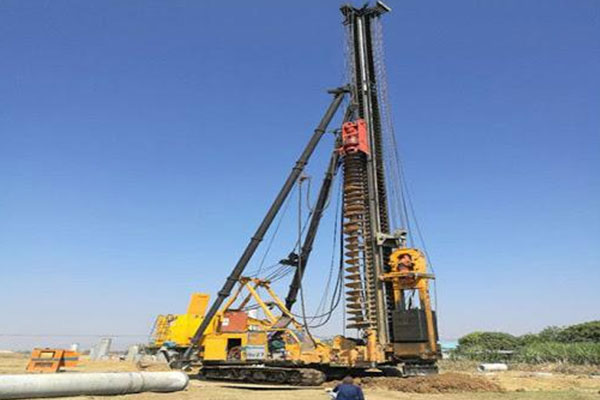When it comes to construction projects, success hinges on meticulous planning and execution. Strategic planning, a cornerstone of project management, plays a pivotal role in steering construction endeavors toward triumph. Here’s what to know about the significance of strategic planning in construction and its multifaceted impact on project outcomes.
Table of Contents
The Foundation of Success
At the heart of strategic planning in construction lies the establishment of clear objectives and milestones. By delineating these crucial elements, project teams can align their efforts, resources, and timelines, ensuring a unified vision. This foundational clarity fosters collaboration, minimizes misunderstandings, and enhances overall project efficiency.
Risk Mitigation and Contingency
Construction projects are inherently fraught with uncertainties. Strategic planning involves a thorough risk assessment, identifying potential pitfalls and formulating contingency plans. This proactive approach empowers project managers to navigate unforeseen challenges seamlessly, mitigating disruptions and maintaining project momentum.
Optimizing Shipping Processes
Efficient shipping processes are integral in construction projects. Strategic planning extends to logistics, ensuring that materials, including pallet deliveries, which are used to transport construction supplies, are delivered with precision. Project managers looking to optimize their shipping processes, including pallet deliveries, should proactively get a quote from reliable service providers. This step allows for a comprehensive assessment of costs and timelines, aiding in informed decision-making for a seamless transportation process. Choosing reliable shipping services ensures that materials reach the construction site on schedule, contributing to the overall success of the project.
Resource Optimization
Efficient resource allocation is a hallmark of effective strategic planning. By carefully mapping out the utilization of manpower, materials, and machinery, construction projects can optimize productivity. This not only contributes to cost-effectiveness but also ensures that resources are allocated judiciously to meet project deadlines. The strategic optimization of resources goes beyond immediate project benefits; it establishes a foundation for sustainability and resilience. A well-planned allocation not only enhances the current project’s efficiency but also positions the construction team for adaptability to future challenges, fostering a culture of innovation and continuous improvement within the construction industry.
Timeline Management
Timely completion is a critical factor in the success of construction projects. Strategic planning involves creating realistic timelines and milestones and considering potential delays and bottlenecks. This meticulous scheduling enables project managers to stay on track, delivering projects within stipulated timeframes and meeting client expectations. Effective timeline management not only ensures client satisfaction but also enhances a construction project’s overall reputation in the industry. Meeting deadlines consistently builds a reputation for reliability, attracting future clients and positioning the construction team as a trustworthy and efficient partner in the competitive landscape of the construction sector.
Client Satisfaction and Transparency
One of the key outcomes of strategic planning is the enhanced ability to manage client expectations. By establishing clear communication channels, providing regular updates, and addressing concerns promptly, construction projects can foster client satisfaction. Transparency in the planning and execution phases builds trust and strengthens client-contractor relationships. This not only ensures successful project delivery but also lays the groundwork for potential future collaborations, as satisfied clients are more likely to entrust their future projects to a contractor with a proven track record of transparency and effective communication. The enduring relationships forged through such transparency become a testament to the long-term benefits of strategic planning in the construction industry.



